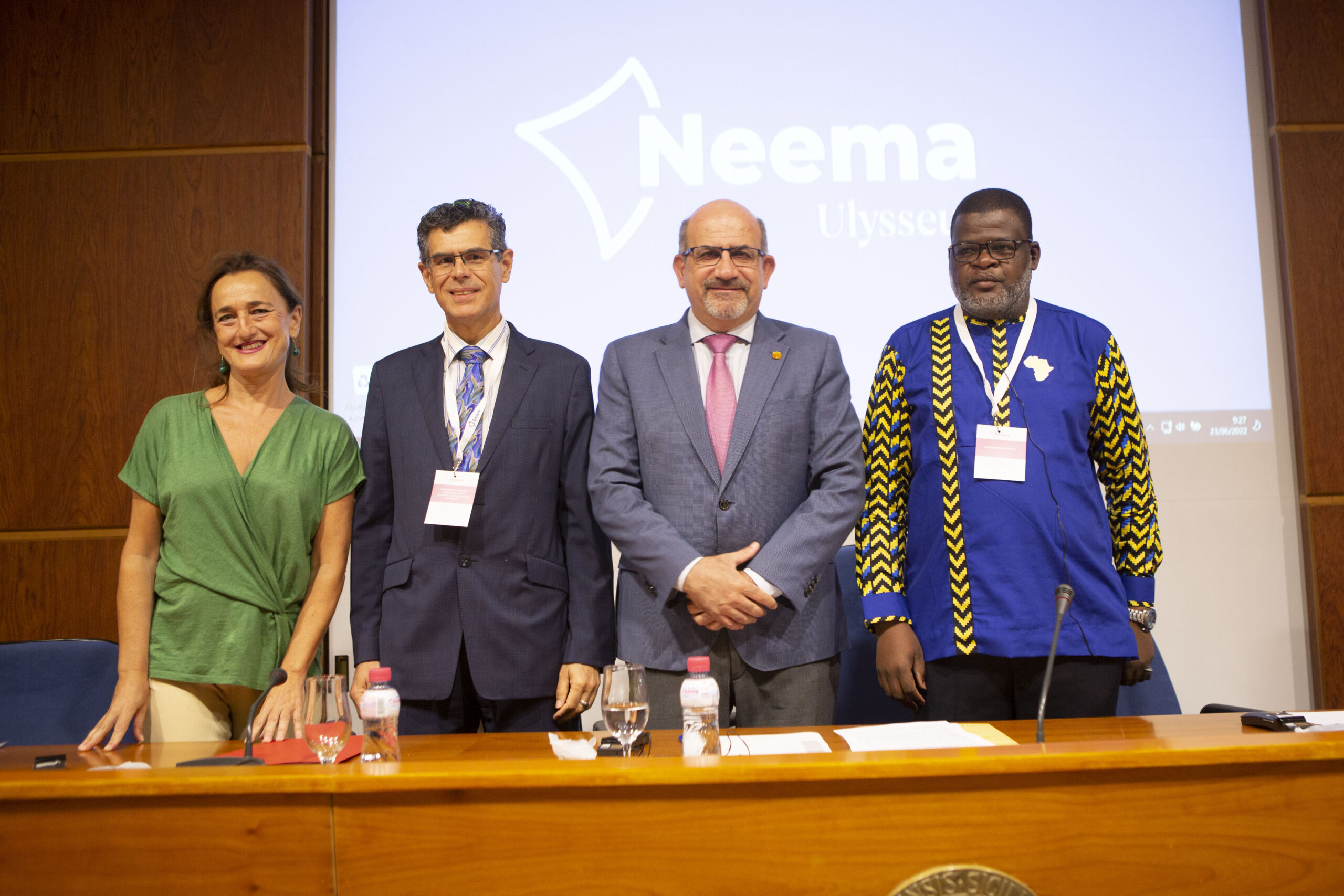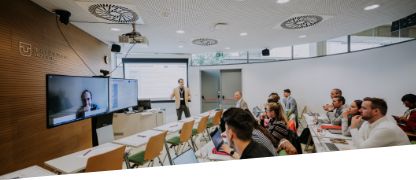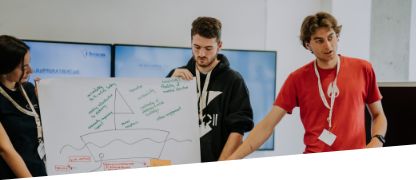Erasmus+ funding awarded to the Ulysseus project NEEMA to foster cooperation with HE institutions in Africa
The NEEMA project will directly contribute to capacity building in 8 Higher Education institutions in Burkina Faso, Mali, Niger and Senegal supporting multinational and regional partnerships in food and nutrition, a strategic field for EU – African cooperation. Simultaneously, it will promote the reform and introduction of new approaches and initiatives in higher education.

The European Commission has awarded 800,000 euro to the NEEMA Project, an Erasmus+ action aimed at supporting international cooperation projects based on multilateral partnerships between organisations active in the field of higher education. This project was presented by Ulysseus European University partner universities in the framework of the Erasmus+ Programme Capacity building in the field of higher education (ERASMUS-EDU-2023-CBHE) launched in November 2022 by the Commision to contribute to overarching priorities of the European Commission such as the Green Deal, digital transformation; integration of migrants; governance, peace, security and human development, and sustainable growth and jobs.
NEEMA means food in Fula, a Senegambian language. The project is rooted in the conceptual framework of the European Green Deal (EGD) and the Farm to Fork (F2F) Strategy, seeks to address and adapt these frameworks to the unique conditions of the Sahel and West Africa (WA). The primary focus is on mitigating negative impacts on Food and Nutritional security, especially for vulnerable populations in the region.
Beginning in February 2024, the project will have 36 months to achieve the following objectives:
- Design Contextual Curricula by developing a new Food and Nutritional Resilience (FNR) curriculum that adapts the EGD and F2F Strategy to the specific needs of West Africa.
- Social Innovation Pilot Initiative to improve the capacities of participating HEIs to support national FNR policies by designing and implementing a social innovation pilot initiative in Burkina Faso, Mali, Niger, and Senegal.
- Enhance Cooperation by strengthening collaboration between participating HEIs and European food and nutrition partners, including universities, European Technology Platforms, and selected clusters.
A total of 14 universities are involved in the NEEMA consortium. The project is coordinated by the University of Seville (Spain) with the participation of the University of Genoa (Italy); MCI | The Entrepreneurial School® (Austria); Université Côte D’azur (France); Haaga-Helia University of Applied Sciences (Finland) –as part of the Ulysseus Alliance, another European university – Hochschule Kehl University of Applied Sciences (Germany) and 8 African universities including the Universite Djibo Hamani de Tahoua (Niger); Universite Abdou Moumouni de Niamey (Niger); Universite Cheikh Anta Diop de Dakar (Senegal); Universite Amadou Mahtar Mbow Dakar (Senegal); Universite Thomas Sankara (Burkina Faso); Universite Polytechnique de Bobo-Dioulasso (Burkina Faso); Universite des Sciences Juridiques et Politiques de Bamako (Mali) and the Institut Polytechnique Rural de Formation et de Recherche Appliquee (Mali).
Among the expected outcomes of the project are a new and adapted FNR curriculum, a FNR Social Innovation Pilot Model, the development of the NEEMA Strategy and Action Plan on FNR challenges in the WA-Sahel region, and the creation of a Regional FNR training and research Network. These outcomes are designed to strengthen and modernize African HEIs through the transfer of knowledge and practices aligned with local needs.
About NEEMA
NEEMA is a 36-month capacity building project of Ulysseus European University funded through the ERASMUS+ program. It aligns with the European Green Deal and Farm to Fork Strategy, adapting these frameworks to the unique challenges of the Sahel and West Africa.
Led by the University of Seville, NEEMA aims to enhance food and nutritional resilience, focusing on vulnerable populations. The project involves 14 universities across Africa and Europe, fostering collaboration, designing contextual curricula, and launching pilot initiatives to strengthen local capacities in food security and sustainability.






